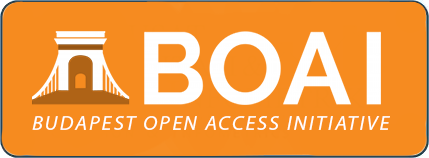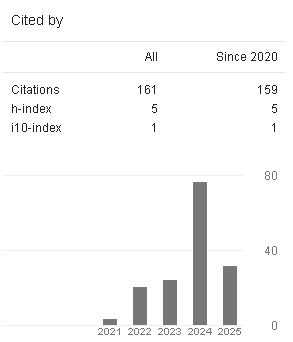JOURNAL SPECIFICATION
------------------------------------------------------
|
Publisher |
Penerbit KIAS |
|
eISSN |
2756-7893 |
|
Established |
2020 |
|
Publication Frequency |
May & November |
|
Publication Type |
Online (Open Access Journal) |
|
Publication Fees |
MYR150 |
------------------------------------------------------











